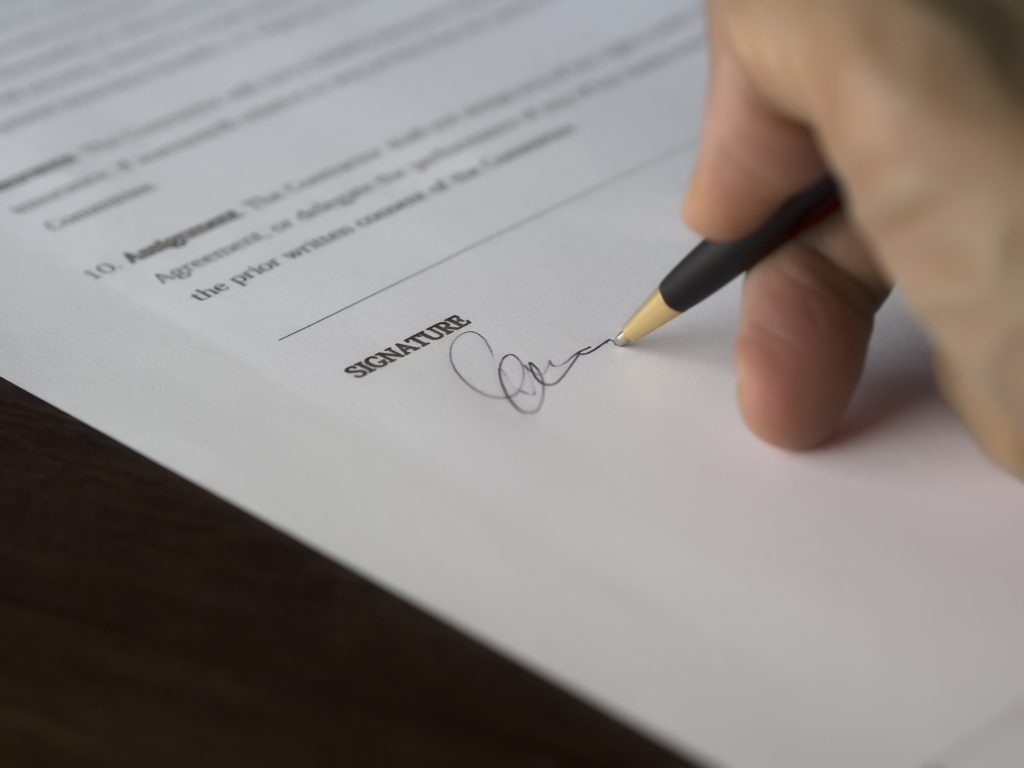A Lasting Power of Attorney (LPA) is a legal document that allows you to appoint someone to make decisions on your behalf if you become unable to do so yourself. The LPA replaced the old document known as the Enduring Power of Attorney (EPA) in 2007. There are 2 types of LPA: one for property and financial decisions, and one for health and welfare decisions.
Each document states who the attorneys are, what decisions they are allowed to make, and how they they should make the decisions between them.
Every person involved must sign the document in a particular order.
You must register the document with the Office of the Public Guardian (OPG) before the attorneys can act, at a cost of £82 per registration.
An attorney appointed under an LPA for property and financial decisions may act once registered.
But an attorney appointed under an LPA for health and welfare decisions may not act until the donor has lost capacity.
What is an Enduring Power of Attorney?
The Enduring Power of Attorney (EPA) precedes the LPA. You cannot make a new EPA. But if you made one before October 2007 it remains valid. The OPG still accepts applications for EPA registration.
What is the Difference Between EPA and LPA?
The differences between them are twofold. Firstly the scope of the EPA is narrower. An EPA could only be made to appoint an attorney to deal with financial decisions. As stated above, there is a second LPA that allows an attorney to make health and welfare decisions. There is no equivalent EPA for health and welfare decisions. Secondly, there is a difference in when the EPA and the LPA for property and financial decisions come into effect. An LPA can be registered with the Office of the Public Guardian immediately after execution. An EPA can only be registered when the donor has started to lose capacity.
How Do I Make One?
The application can be made to the Office of the Public Guardian using forms you can download here from the government website. When fully completed and signed, the form becomes a legal deed but it can not be used until it has been registered with the Office of the Public Guardian.
You must fill the form in and then make sure you fully understand the information provided in section 9. After this you should sign Section 9 of the document in the presence of a witness who must also sign.
You must then have a certificate provider sign Section 10. Once they have provided certificate, it will then be time for your attorneys to sign the document agreeing to act. They must also do this in front of a witness who must also sign.
The deed is then complete. But remember that an attorney cannot act until the LPA is registered with the Office of the Public Guardian.
Who Can Act as Attorney?
Anyone you trust who is over the age of 18 and has mental capacity can act as your attorney. But they are not able to either witness the document or act as certificate provider.
What is a Certificate Provider?
A certificate provider is someone who signs the LPA to confirm that you have mental capacity and that you understand the gravity of what you are doing. This person either needs to be someone that has known you for at least 2 years, or a relkvant professional. A relevant professional would typically be a legal professional or medical professional. We can act as certificate provider for you when executing your LPAs
Can I revoke or change an LPA once I’ve made it?
Yes you can revoke it but there are limitations to the changes you can make. You are able to make changes to addresses and personal details of yourself and of your attorneys. You are also able to remove attorneys from being able to act. The limitation is that you cannot appoint any new attorneys in their place. If that is what you seek to amend, then you will need to revoke the LPA and start afresh. In either event, we are able to draft the deeds to revoke or make those changes for you.
What happens if I Don’t Have an LPA and I Lose Capacity?
Then someone must apply to the Court of Protection on your behalf in order to create a Deputyship over you. This process is time consuming and very expensive. Brooks Legal can help you with this application form if absolutely necessary. But ideally you should avoid this situation by creating LPAs before you lose capacity.
Find more information on Deputyships here and why you want to avoid them.












